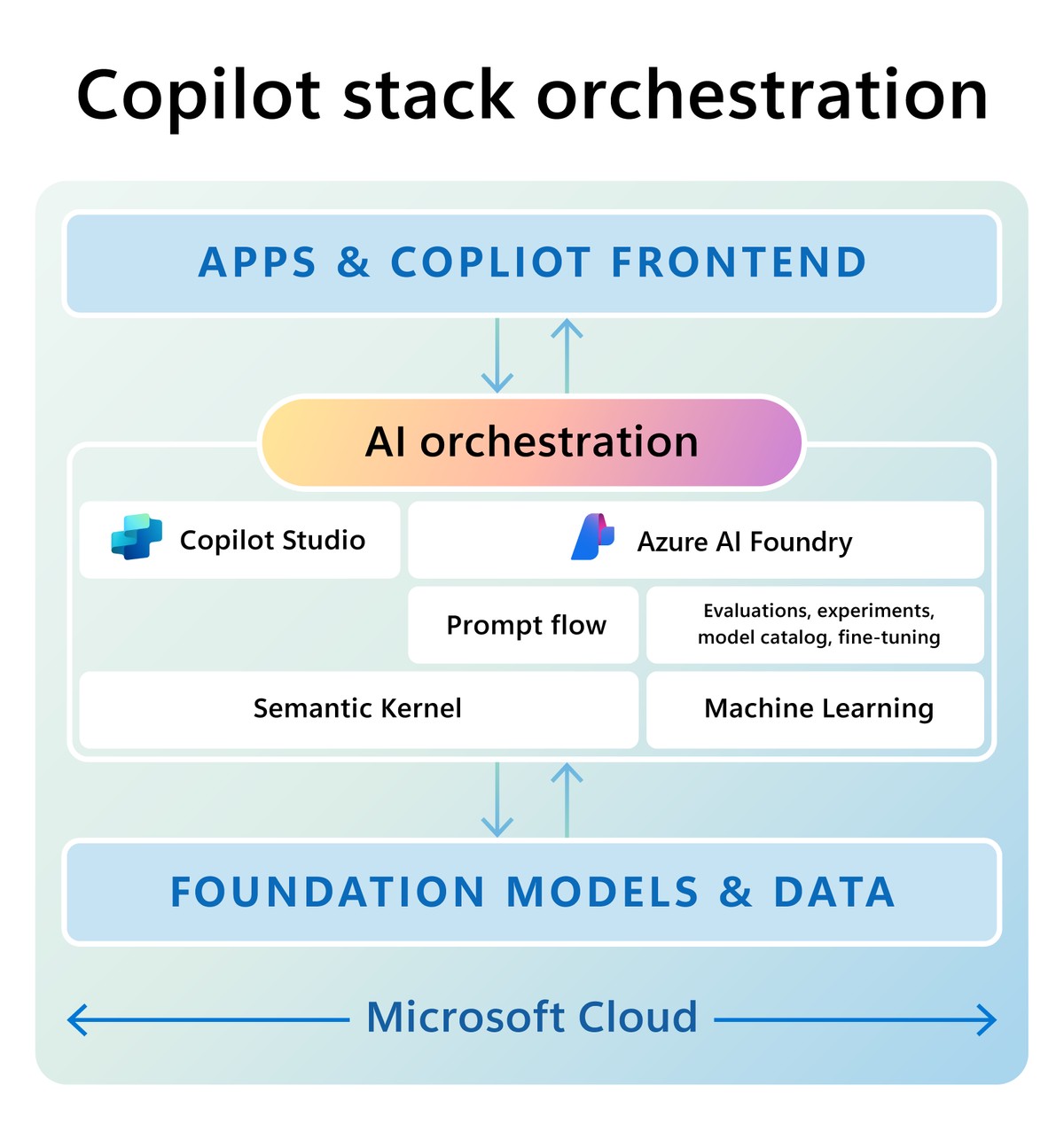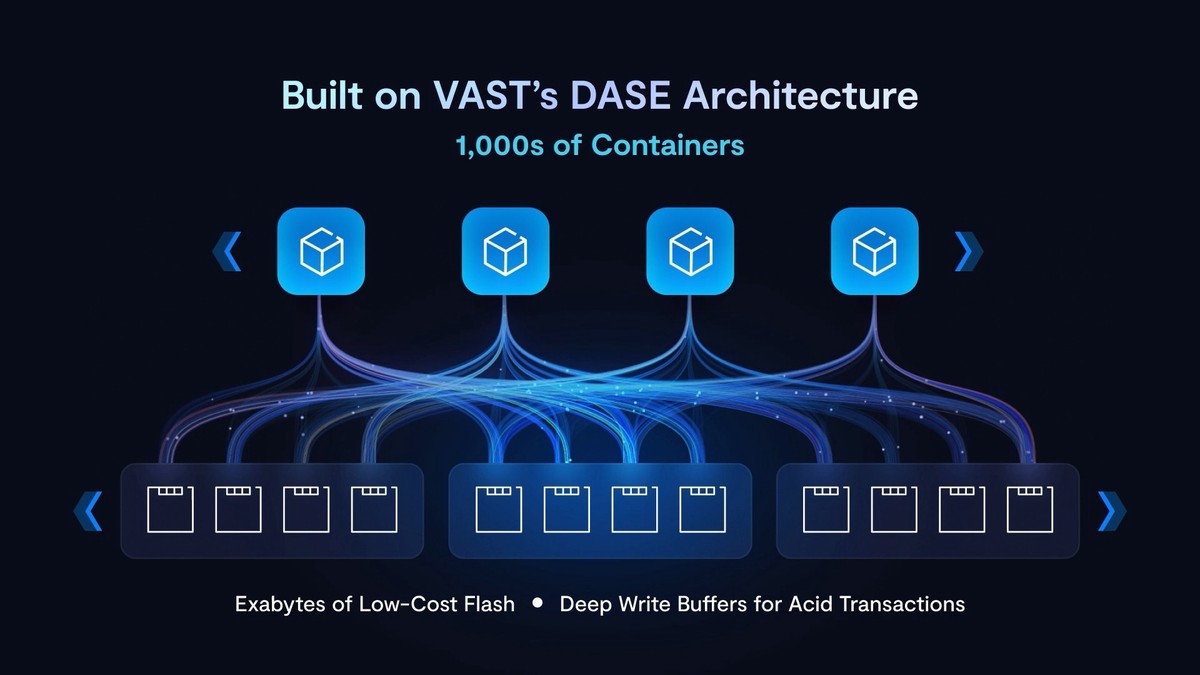

========================================================================
In the world of hedge funds and high-frequency trading, optimizing order matching is a key component of successful strategies. A matching engine plays a pivotal role in ensuring that trades are executed swiftly and efficiently. As hedge funds look to gain a competitive edge, the choice of a matching engine solution becomes an essential consideration. In this article, we will explore various matching engine solutions for hedge funds, focusing on different approaches, strategies, and recommendations.
What Is a Matching Engine and Why Does It Matter for Hedge Funds?
1. Understanding the Role of a Matching Engine
A matching engine is a system that matches buy and sell orders in the financial markets. It ensures that traders’ orders are executed at the best possible price and that liquidity is properly allocated. For hedge funds and institutional traders, the speed, accuracy, and reliability of the matching engine are crucial.
In simple terms, a matching engine’s primary function is to match orders that meet certain criteria (e.g., price, quantity, and time). When orders are successfully matched, they result in a trade, and the trade is then executed and settled according to the rules of the market.
2. The Importance of Matching Engines for Hedge Funds
For hedge funds, trading strategies often rely on algorithms designed to capitalize on market inefficiencies. A matching engine directly impacts how well these algorithms perform, particularly in high-frequency trading (HFT) environments where speed and precision are paramount.
- Trade Execution: A high-performance matching engine reduces latency and ensures quicker execution, which is critical for arbitrage strategies.
- Market Liquidity: Hedge funds depend on liquidity for executing large orders without significantly moving the market. The matching engine ensures that liquidity is matched efficiently.
- Cost Reduction: Efficient matching engines can minimize slippage, reducing the costs associated with executing trades.
Key Features of Matching Engine Solutions for Hedge Funds
Choosing the right matching engine solution involves understanding several critical features that hedge funds should prioritize. These include:
1. Low Latency
In hedge fund trading, speed is crucial. A matching engine with low latency minimizes the time taken to process orders, which is vital for executing trades before the market changes. Lower latency is particularly important in high-frequency trading, where profits are derived from tiny price differences that only exist for a fraction of a second.
2. Scalability
A scalable matching engine can handle a large volume of orders without a decrease in performance. Hedge funds that engage in large-scale trading or expect high order volumes need a solution that can grow with their needs.
3. Customization
Every hedge fund has unique trading strategies and requirements. The ability to customize a matching engine allows hedge funds to tailor it to their specific needs, from order types to matching algorithms.
4. Real-Time Data Processing
Hedge funds rely heavily on real-time data to inform their trading decisions. A matching engine must be capable of processing and responding to data streams instantaneously.
Approaches to Matching Engine Solutions for Hedge Funds
There are multiple ways to approach the selection and implementation of matching engine solutions for hedge funds. Two primary methods include:
1. In-House Developed Matching Engines
Some hedge funds prefer to build their own matching engines in-house. This approach gives them full control over the design, functionality, and performance of the engine, ensuring that it meets their specific needs.
Benefits of In-House Developed Engines:
- Customization: Tailored to hedge fund strategies and trading styles.
- Control: Complete control over performance, optimizations, and any potential issues.
- Integration: Seamless integration with proprietary trading systems.
Challenges:
- High Development Costs: Building a matching engine from scratch requires significant upfront investment in both time and resources.
- Maintenance: In-house engines require constant monitoring, testing, and maintenance.
- Complexity: The development of a high-performance matching engine can be complex and requires specialized expertise.
2. Third-Party Matching Engine Solutions
Alternatively, hedge funds can opt for third-party matching engine solutions. These are typically off-the-shelf products offered by technology vendors that specialize in high-performance trading systems.
Benefits of Third-Party Solutions:
- Cost-Effective: Generally less expensive than developing an engine in-house.
- Faster Implementation: Ready-made solutions can be deployed quickly, allowing hedge funds to start trading sooner.
- Proven Technology: These solutions are typically well-tested and optimized for various market conditions.
Challenges:
- Lack of Customization: Off-the-shelf solutions may not be tailored to a hedge fund’s specific needs.
- Dependence on Vendors: Using third-party solutions means relying on external vendors for updates, support, and bug fixes.
Evaluating the Best Matching Engine Solutions for Hedge Funds
When deciding between in-house development or third-party solutions, hedge funds need to evaluate which matching engine best suits their objectives, operational capacity, and trading requirements. Key factors to consider include:
1. Latency Requirements
For hedge funds involved in high-frequency trading or strategies that rely on microsecond advantages, choosing a matching engine that minimizes latency is essential. Both in-house and third-party solutions can achieve low latency, but the performance and fine-tuning of third-party systems need to be carefully evaluated.
2. Scalability
As hedge funds grow and increase trading volume, their matching engine needs to handle more orders without sacrificing speed. A third-party solution with scalable architecture can handle large volumes efficiently.
3. Customization
Hedge funds with complex, proprietary strategies may find off-the-shelf solutions too rigid. In such cases, an in-house solution may be a better fit due to its adaptability.
4. Cost Efficiency
Building an in-house matching engine is resource-intensive, so hedge funds must weigh the long-term costs of developing and maintaining a system against the short-term savings of using a third-party service.
Optimizing Matching Engine Solutions for Hedge Funds
1. Fine-Tuning Order Matching Algorithms
An optimized matching engine solution can reduce slippage and ensure that orders are matched efficiently. Hedge funds should consider fine-tuning the following aspects of their matching engine:
- Order Types: Implementing more advanced order types such as iceberg or hidden orders can improve liquidity and reduce market impact.
- Priority Rules: Customizing priority rules (e.g., price-time priority) can help hedge funds gain a competitive advantage in crowded markets.
- Dynamic Adjustment: Matching engines that can dynamically adjust order matching strategies based on market conditions can be more effective.
2. Reducing Latency Through Technology
Reducing latency is paramount in high-frequency trading. Techniques to reduce latency include:
- Colocation: Placing servers in proximity to exchange infrastructure can reduce transmission delays.
- Network Optimization: Using faster, more reliable network connections can help minimize latency.
- Efficient Data Handling: Compressing and processing data more efficiently can speed up order matching and execution.
FAQ (Frequently Asked Questions)
1. How do matching engines impact the execution speed of trades for hedge funds?
Matching engines significantly affect trade execution speed by determining how quickly buy and sell orders are matched and executed. For hedge funds, low-latency matching engines are crucial in ensuring trades are executed at optimal prices without delays, particularly for strategies relying on microsecond advantages.
2. What factors should a hedge fund consider when choosing a third-party matching engine solution?
Key factors include latency, scalability, customization options, support for high-frequency trading strategies, and cost-effectiveness. Hedge funds should also evaluate the vendor’s track record, reliability, and ability to integrate with existing systems.
3. How can hedge funds optimize their in-house developed matching engines?
Hedge funds can optimize in-house engines by focusing on efficient algorithm development, reducing network latency, and implementing dynamic order matching strategies. Regular testing and backtesting of the engine’s performance in different market conditions are also essential for continuous optimization.
Conclusion
Choosing the right matching engine solution is crucial for hedge funds looking to optimize their trading strategies, reduce latency, and gain a competitive edge in the financial markets. Whether opting for in-house development or leveraging third-party solutions, hedge funds must evaluate the benefits and challenges of each option to find the best fit for their needs. By optimizing matching engine strategies and focusing on low-latency performance, hedge funds can improve their trade execution and overall profitability.
How has your hedge fund optimized its trading strategies? Share your insights in the comments below or feel free to reach out with any questions!